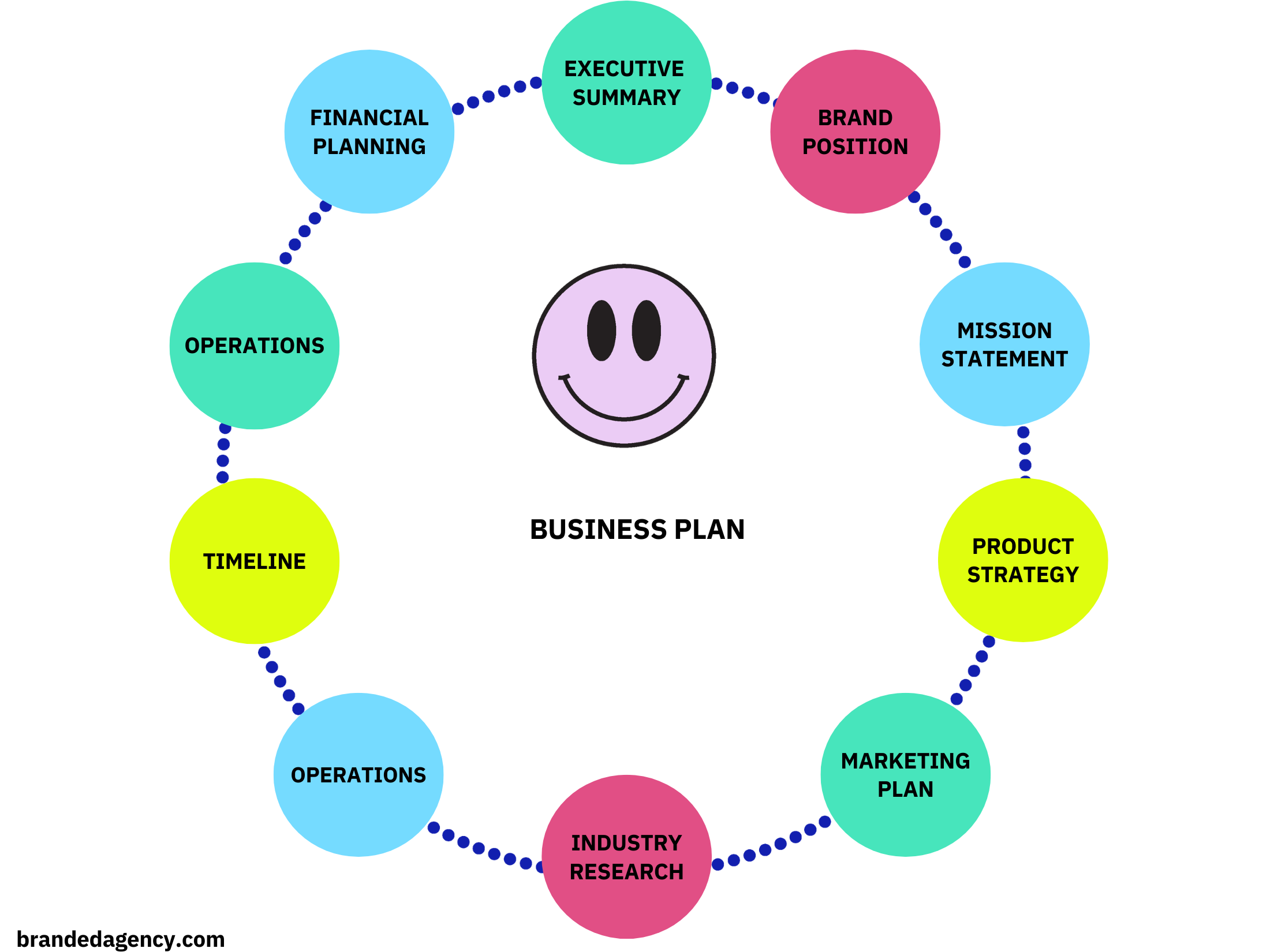Introduction
Are you looking to venture into the world of cosmetics and skincare, but unsure of where to start? Opening a profitable cosmetic skincare business can be a lucrative and rewarding endeavor if done right. In this article, we will provide you with the best tips on how to embark on this exciting journey. From identifying your target market to effective marketing strategies, we’ve got you covered. So, let’s dive in and unlock the secrets to success in the cosmetic skincare industry!
Section 1: Identify your Target Market
Before launching any business, it is crucial to identify your target market. When it comes to cosmetic skincare, your target audience may vary depending on the types of products you offer. Conduct market research to understand who your potential customers are, their needs, preferences, and purchasing habits. This will help you tailor your products and marketing strategies to attract and retain your target market.
Once you have identified your target market, focus on developing high-quality products that meet their specific needs. Conduct surveys, engage with your audience on social media, and seek feedback to continuously improve your offerings. By understanding and catering to your customers’ preferences, you can establish a loyal customer base and drive profitability in your cosmetic skincare business.
Section 2: Create a Strong Brand Identity
Building a strong brand identity is essential for standing out in the highly competitive cosmetic skincare industry. Your brand should reflect the unique selling proposition of your products and resonate with your target market. Start by crafting a compelling brand story and choosing a name that is memorable and aligned with your brand identity.
Aesthetics play a significant role in the cosmetic skincare industry; therefore, invest in professional logo design, visually appealing packaging, and captivating website design. Your brand should evoke a sense of trust and credibility, enticing customers to choose your products over competitors.
Section 3: Develop a Comprehensive Business Plan
A well-thought-out business plan is the foundation of any successful venture. Start by defining your business goals and objectives. Determine your budget, including the initial investment for product development, packaging, marketing, and operational expenses. It is also essential to outline your pricing strategy, taking into account production costs, competitor pricing, and profit margins.
Your business plan should also include a detailed marketing strategy. Determine the most effective channels to reach your target market, such as social media platforms, influencers, or online advertisements. Additionally, identify key competitors and outline strategies to differentiate your products and attract customers.
Section 4: Establish Strong Supplier Relationships
One of the critical aspects of running a successful cosmetic skincare business is having reliable suppliers. Look for reputable suppliers who provide high-quality ingredients and materials at competitive prices. Establishing strong relationships with suppliers can ensure a consistent supply of raw materials, enabling you to maintain the quality and efficiency of your products.
When selecting suppliers, consider factors such as their reputation, product quality, shipping times, and customer service. Building strong supplier relationships will not only benefit your business’s bottom line but also contribute to the overall success and longevity of your cosmetic skincare venture.
Section 5: Develop a Stellar Online Presence
In today’s digital age, having a strong online presence is vital for the success of any business. Create a user-friendly website that showcases your products, brand story, and values. Optimize your website for search engines to improve its visibility in online searches. Utilize search engine optimization techniques, such as incorporating relevant keywords, meta tags, and high-quality content.
Furthermore, leverage the power of social media to engage with your target market. Create compelling content, share skincare tips, and interact with your followers. Collaborate with influencers and beauty bloggers to expand your reach and generate buzz around your brand. A well-curated online presence will not only attract customers but also build brand loyalty and credibility.
Section 6: Demonstrate Expertise through Content Marketing
Content marketing is an effective strategy to position yourself as an expert in the cosmetic skincare industry. Create valuable and informative content that educates your audience on skincare tips, ingredient benefits, and product reviews. This could be in the form of blog posts, YouTube videos, or social media posts.
Consistently sharing informative content will not only engage your audience but also establish your brand as a trusted source of skincare advice. By demonstrating your expertise, you will build credibility and encourage potential customers to choose your products over competitors.
Section 7: Use Influencer Marketing to Your Advantage
Influencer marketing has become an increasingly popular strategy within the beauty industry. Partnering with influencers can help increase brand visibility, reach new audiences, and generate product awareness. Identify influencers who align with your brand values and have an engaged and relevant following.
Collaborate with influencers to create sponsored content, product reviews, or giveaways. This will not only increase brand exposure but also provide social proof, as consumers are more likely to trust recommendations from influencers they follow. Strategic and authentic influencer partnerships can significantly impact the success of your cosmetic skincare business.
Section 8: Offer Exceptional Customer Service
Providing exceptional customer service is crucial in building a loyal customer base and driving profitability. Ensure your customer service team is well-trained and equipped to handle inquiries, provide product information, and resolve any issues promptly and professionally.
Go the extra mile to exceed customer expectations by offering personalized recommendations, samples, or exclusive promotions. By prioritizing customer satisfaction, you can build long-lasting relationships and benefit from positive word-of-mouth referrals, ultimately contributing to your business’s success.
Section 9: Keep Up with Industry Trends and Innovations
The cosmetic skincare industry is constantly evolving, with new trends, ingredients, and technologies emerging regularly. To stay competitive and meet customer expectations, it is essential to keep up with these industry advancements.
Subscribe to industry publications, attend trade shows, and engage with skincare communities to stay informed about the latest developments. Incorporate innovative ingredients, packaging, or formulation techniques into your products to stay ahead of the curve. By embracing change and innovation, you can position your cosmetic skincare business as a leader in the industry.
Section 10: Continuously Evaluate and Adapt
Lastly, success in the cosmetic skincare business requires continuous evaluation and adaptation. Regularly assess your business’s performance, sales data, and customer feedback to identify areas of improvement. Use this information to make data-driven decisions and implement necessary changes.
Stay agile and adapt your strategies as needed, whether it’s tweaking your product lineup, adjusting pricing, or exploring new marketing channels. By staying proactive and responsive to market trends and consumer demands, you can ensure the long-term profitability and sustainability of your cosmetic skincare business.
Frequently Asked Questions (FAQs)
Q: How much capital do I need to start a cosmetic skincare business?
A: The required capital will vary depending on factors such as product development, manufacturing costs, marketing strategies, and operational expenses. Conduct a thorough analysis and create a detailed business plan to estimate the initial investment needed.
Q: What regulatory requirements should I be aware of?
A: In the cosmetic skincare industry, you must comply with regulations related to product safety, labeling, and claims. Familiarize yourself with the regulations in your country or region and ensure your products meet the necessary standards.
Q: How can I differentiate my cosmetic skincare products from competitors?
A: Differentiation is key in a competitive market. Consider factors such as unique ingredients, innovative formulations, sustainable packaging, or specialized target markets to set your products apart and attract customers.
Q: How important is branding in the cosmetic skincare industry?
A: Branding plays a crucial role in the cosmetic skincare industry. It helps establish brand recognition, build trust with customers, and differentiate your products from competitors. Invest in creating a strong and visually appealing brand that resonates with your target market.
Q: What are some effective marketing strategies for a cosmetic skincare business?
A: Effective marketing strategies include utilizing social media platforms, collaborating with influencers, creating informative content, and leveraging email marketing. Tailor your marketing efforts to reach your target market effectively and build brand awareness.
Conclusion
Embarking on the journey of opening a profitable cosmetic skincare business requires careful planning, market research, and a strong brand identity. From identifying your target market and developing high-quality products to creating an online presence and embracing industry trends, these tips will set you on the path to success.
Keep in mind that success in the cosmetic skincare industry requires continuous adaptation, innovation, and excellent customer service. By following the best practices outlined in this article, you can establish a profitable and sustainable business that caters to the needs and desires of your target market.







Leave a Comment